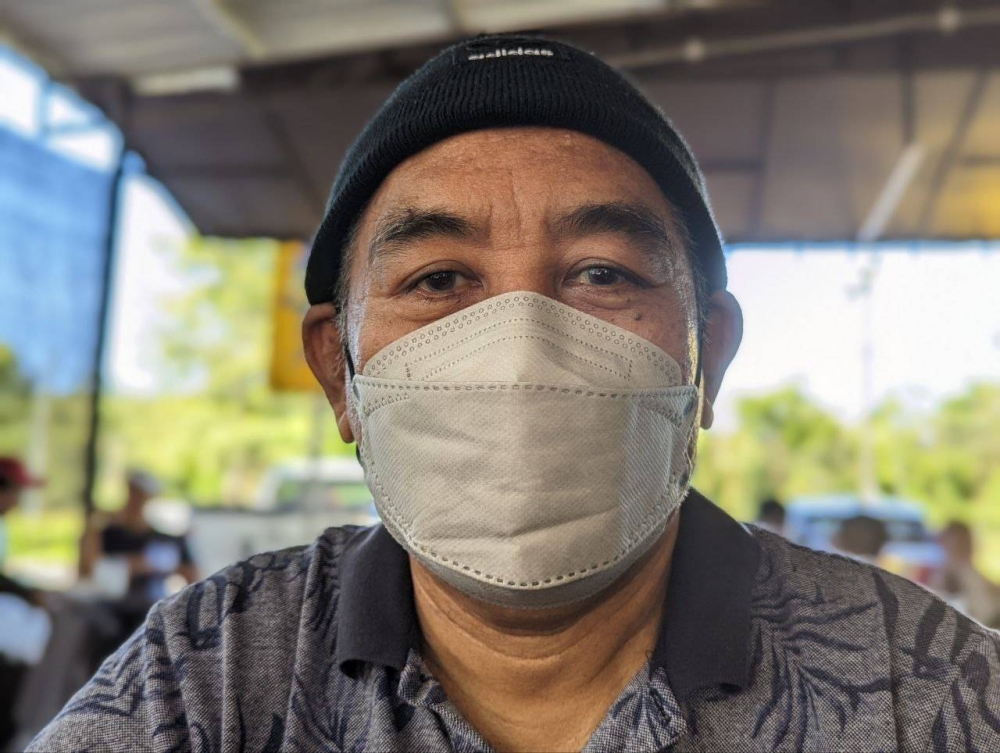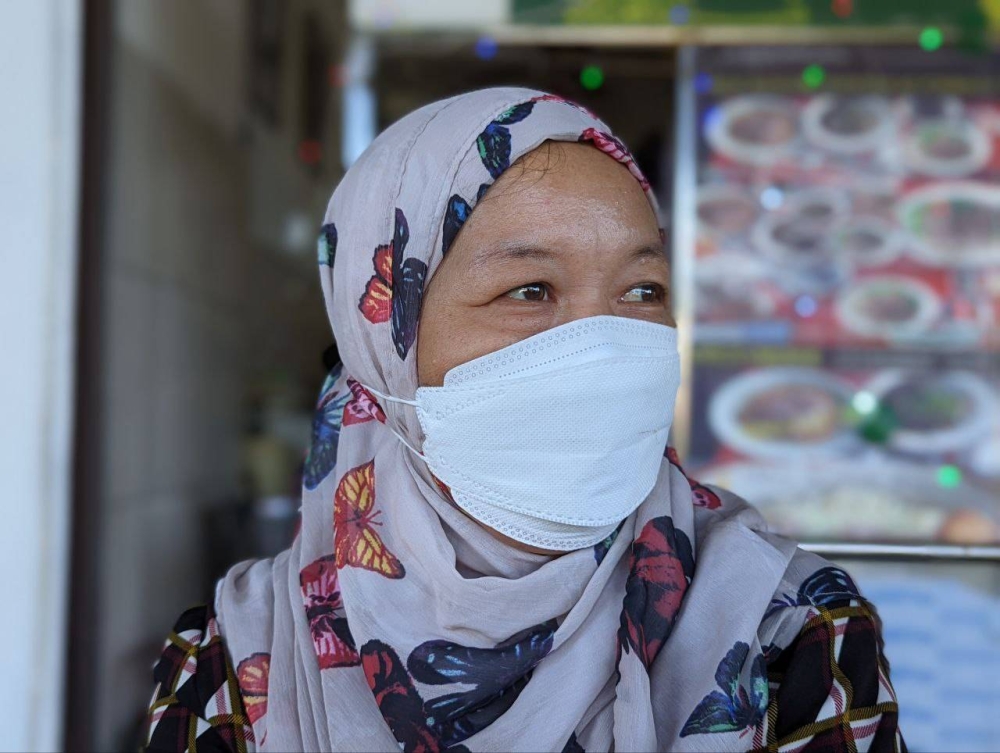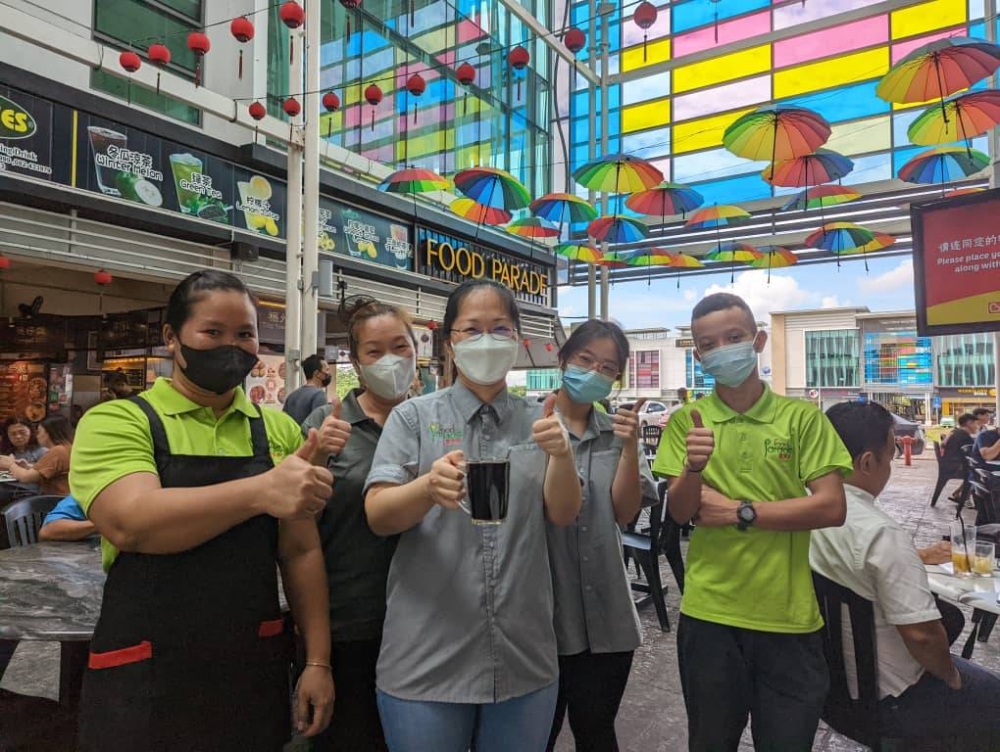KUCHING, June 27 — Having your regular kopi-O at the local coffee shops may soon put a dent in your wallet as there are reports about this beverage being priced as high as RM3 in some parts of the city.
Typically, a standard-sized cuppa at any traditional ‘kopitiam’ here would cost RM1.30, while the larger glass mug order would come to RM2.50.
However, during a recent survey by The Borneo Post on several coffee shops covering the Petra Jaya, Demak Laut, Stutong and Batu Kawa areas, it was discovered that the price had gone up to an average of RM1.60 for a standard cup, and RM3 per glass mug.
Based on information gained during the poll, the scenario could be attributed to price hikes of raw materials such as coffee and tea, as well as condensed milk.
Moreover, the situation had not only affected the pricing for kopi-O and other beverages, but also the food at eateries.
It also reflected the prediction by the Malaysia Singapore Coffee Shop Proprietors General Association, which recently projected that the average price hike of beverages at kopitiams nationwide could range from 20 sen to 60 sen.
A cashier of a coffee shop in Semariang near here, who wanted to be known only as Ezzarelshah, said the price hike would add to the burden of the ‘rakyat’ (people), especially those from the low-income group who were already struggling with the higher cost of living nowadays.
“It would be difficult for the working-class folks to sustain their daily routines due to the price hike.
“It’d be a heavy burden on the people if (prices) continued to inflate, as minimum wage might not be on par with the rising cost of living,” said the 17-year-old.

Hadi Ibrahim was shocked to see the sudden price surge, triggered by the rising cost of raw materials such as sugar and condensed milk — items that he also used in his Kek Lapis Sarawak business.
“When the prices of beverages at this kopitiam went up, it also affected my operations.
“We were forced to either reduce the quantity of ingredients and products sold, or compromise the quality of our items to save costs.
“In the end, we decided to maintain the quality, but this forced us to up the prices a bit as well,” said the 35-year-old entrepreneur, who is also a chef based in Bandar Baru Samariang.

For Hamden Mohammad, 56, the rising prices of everyday items would force people to ‘rethink and replan’ their daily expenses.
“For a pensioner like me, this would put us in a tight situation, more so if the prices continue to rise in months to come.
“Even to have a simple meal of ‘roti canai’ and coffee is a struggle now.”

Ain Maulana viewed the price increments of beverages and daily items as ‘not ideal’ for those earning minimum wage.
“It appears that in line with the minimum wage level being increased to RM1,500, the prices of items being sold at the coffee shops and grocery stores have increased too, leaving us with little room for personal purchases,” said the 18-year-old Kuchingite, having observed that the current average price for a regular meal at any eatery was around RM5.50, up from RM5 earlier this year.

The present scenario was unaccommodating for Hanifah Kedei, 47, who said it had forced many other food operators like her to ‘reluctantly increase the prices of their items’.
“What can we tell our customers about us raising our menu prices, apart from the spike in the prices of raw ingredients?
“It places us between a rock and a hard place; ‘mauk sik mauk, kedak ya lah’ (like it or not, that’s the way it is — in Sarawak Malay),” she said.

For Mary Lee, the rise in the prices of kopi-O and other kopitiam beverages was ‘unavoidable’ as it was a way for the operators to offset higher operating costs and other relevant expenses amidst the current inflationary market situation.
“It’s the way that enables them to adapt to the current market situation and sustain their operations,” said the 37-year-old, who manages a coffee shop at Saradise here.
She also tagged the raised level of the minimum wage as being connected to the price hike.
She observed that with things going back to normal under the present Covid-19 recovery phase, consumers had begun to return to their normal routines such as eating out at eateries.
“Under such circumstance, coffee shops would need their workers and because the minimum wage is now set at RM1,500 from the previous RM1,200, the workers who had previously earned RM1,500 per month would want a raise, which I think is justifiable; it would be unfair if their wages were to stay the same,” she added.

Local kopitiam owner Ting Tick Ping said with all things factored in, coffee shops around the city would really be struggling to sustain their operations under current market conditions.
“Should the costs of basic ingredients be left unmonitored, the inflated prices would severely hit the local coffee shop owners and even the vendors (of raw materials) — the rising inflation rate, even gradually over the next half-year, would force us to raise the prices of not only our beverages, but also other things, just to offset the higher costs incurred,” said Ting, 70, whose shop is located at Jalan Pending here.
In a statement issued last week, the Department of Statistics Malaysia (DoSM) chief statistician Datuk Seri Mohd Uzir Mahidin said food inflation continued to rise to a new high of 5.2 per cent – the highest since November 2011, with 93 per cent of the items in the group recording increases. — Borneo Post



















